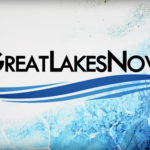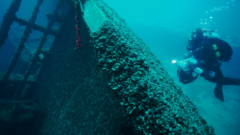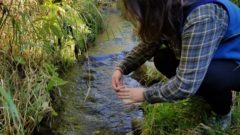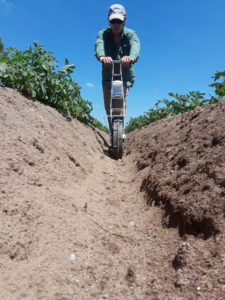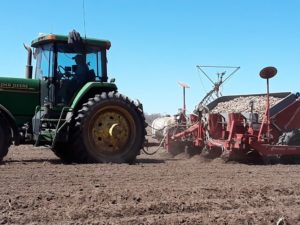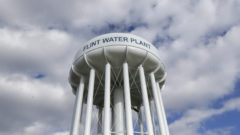New project conserves Ontario’s eight at-risk turtle species
Some at-risk turtles in Ontario won’t have to look both ways before crossing the road to avoid getting hit in traffic.
The post New project conserves Ontario’s eight at-risk turtle species first appeared on Great Lakes Echo.Great Lakes Echo
http://greatlakesecho.org/2021/03/29/new-project-conserves-ontarios-eight-at-risk-turtle-species/

 It takes energy, commitment, and stamina to be a leader of community based and grassroots organizations and this is additionally challenging during COVID-19. For over 25 years, Freshwater Future, through our consulting services, has helped leaders to run their organizations. This year we are conducting a special program to help our partners with self-care and nonprofit management including bookkeeping, financing, communications and so much more. Many organizations have indicated that the support from FWF is paramount during these challenging times in our nation’s history. Here are the testimonies of some of our partners
It takes energy, commitment, and stamina to be a leader of community based and grassroots organizations and this is additionally challenging during COVID-19. For over 25 years, Freshwater Future, through our consulting services, has helped leaders to run their organizations. This year we are conducting a special program to help our partners with self-care and nonprofit management including bookkeeping, financing, communications and so much more. Many organizations have indicated that the support from FWF is paramount during these challenging times in our nation’s history. Here are the testimonies of some of our partners